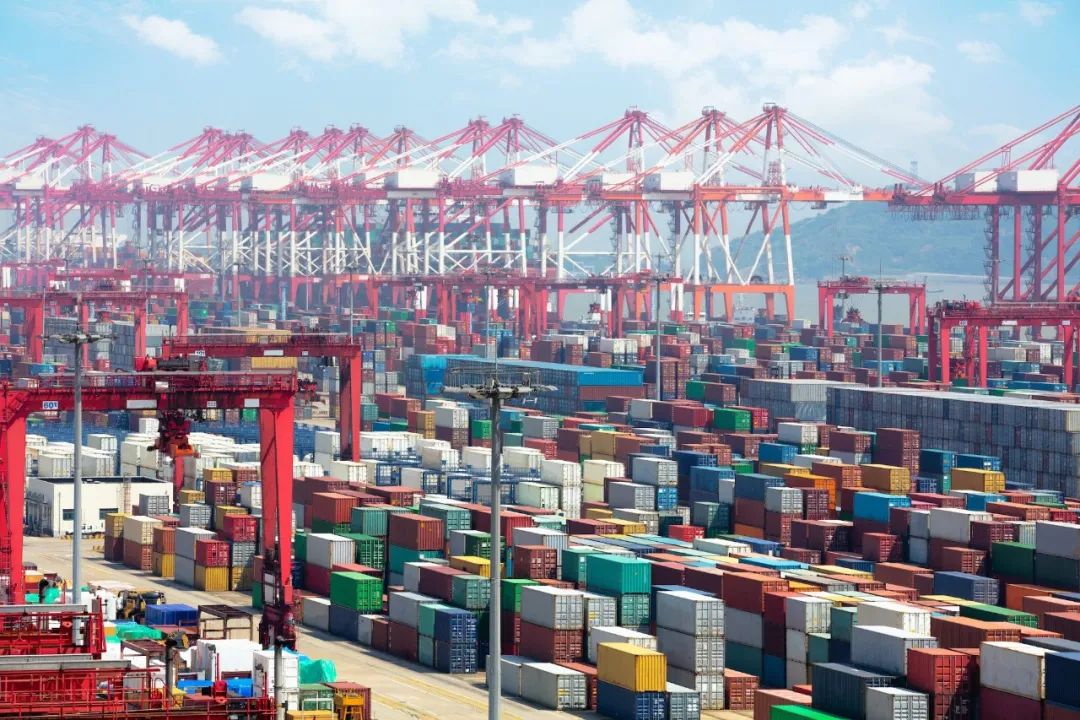Sudden! Multi-country tariff increase
Recently, many countries have taken measures to increase tariffs or strengthen tax supervision on China products, including the United States increasing import tariffs on solar silicon wafers, polysilicon and some tungsten products, Saudi Arabia imposing anti-dumping duties on sulfonated naphthalene formaldehyde imported from China and Russia, Mexico imposing value-added tax on all foreign enterprises selling goods through e-commerce platforms, Vietnam abolishing the tax exemption policy for low-cost imported goods and increasing the value-added tax rate, the European Union considering imposing new taxes on the income of e-commerce platforms and lifting the threshold of tariff exemption, while Thailand and Indonesia stepping up inspection and seizure of imported goods from China.

The Office of the US Trade Representative issued a statement saying that the United States will raise import tariffs on solar silicon wafers, polysilicon and some tungsten products imported from China from the beginning of next year.The tariff rate of solar silicon wafers and polysilicon will be increased to 50%, and somewolframThe tariff rate of products will be increased to 25%. These tariff increases will take effect on January 1, 2025.It is reported that in 2023, China produced 80% of the world’s tungsten. In addition, Lu Jinbiao, deputy director of the Silicon Industry Expert Group of China Nonferrous Metals Industry Association, said: 98% of the silicon wafer production capacity is in Chinese mainland, and China polysilicon is provided domestically.
On December 9 th, according to reports,The EU is preparing for cross-border e-commerce platforms (such as Temu, SHEIN), take measures,Consider imposing a new tax on the income of e-commerce platforms and charging an administrative handling fee for each commodity, which may make most packages less competitive.
EU officials are worried about the negative impact of cheap imported goods on local enterprises and street retailers, and have proposed to cancel the tariff exemption threshold of 150 euros.
▼2025"International trade fair"
Pre-registration for booth and advertising sponsorshipenjoyhard ironHui!
According to the latest announcement of State Taxation Administration of The People’s Republic of China,Since January 1, 2025, all foreign enterprises that sell goods through e-commerce platforms (including SHEIN,Temu, Amazon, etc.) will be subject to 16% VAT..(Implemented from January 1st! Levy 16% VAT! )This policy is to increase the tax revenue of the Mexican government and strengthen the tax supervision of foreign e-commerce platforms.
Collection object and tax rate
? Tax target: all cross-border sellers who sell products through overseas e-commerce platforms.
? VAT rate: 16%
? Special note: No matter whether it comes from a local Mexican company or not, as long as the goods are stored in Mexico, 16% VAT must be paid.
Cancel tax exemption
Previously, goods with a purchase amount of less than $50 each time on the e-commerce platform enjoyed the preferential policy of exemption from VAT. However, from January 1, 2025, this policy will be cancelled, and all goods sold by e-commerce platforms will be subject to VAT.
Recently, Saudi Arabia announced that,From December 3, 2024, the import originating in or exported from China and Russia will be sulfonated.naphthaleneFormaldehyde (SNF) (concrete improver) is subject to the final anti-dumping duty of 18.12% to 34%. The Saudi tax numbers of the products are 382440 and 290410, and the validity period is five years.
Saudi Arabia has always been an important partner of China in the Middle East. From energy import to infrastructure construction, the relationship between China and Saudi Arabia has always been regarded as a model.
On November 29th, the Vietnamese Parliament passed an amendment to the tax law, proposing to cancel the tax exemption policy for low-cost imported goods. The new value-added tax will be implemented on July 1st, 2025 (the tax rate will be increased from 8% to 10%), and from next year, cross-border e-commerce platforms must withhold and pay taxes for sellers and report the tax withheld.
Malaysia warns China enterprises not to use Malaysia for transit to evade US tariffs. On December 2, Liu Zhendong, Deputy Minister of Investment, Trade and Industry of Malaysia, said: "In the past year or so … I have been advising many China enterprises not to invest in Malaysia if they just want to change the product labels through Malaysia to avoid US tariffs." This is also the first time that Malaysian Ministry of Investment, Trade and Industry officials have publicly and explicitly issued a warning to China’s entrepot trade.
On December 10th, the Thai Ministry of Finance announced that it would import goods from China.The original random sampling was changed to 100% full inspection.Including import documents and price information, hoping to create a fair market environment and protect the rights and interests of enterprises and consumers.
On December 6th, Indonesian police cooperated with the Ministry of Trade to seize 9.8 billion rupiah (about US$ 618,000) worth of illegal China ceramics and tableware goods. PT SGD from Medan, which originated in China, was seized, due to lack of import documents, irregular import procedures and standard labels.
(Editor: Jiang Tong)
(Source: Bosicheng International Freight)
The above content only represents the author’s own point of view, not Hugo’s cross-border position! If you have any questions about the content, copyright or other issues, please get in touch with Hugo within 30 days after the publication of the work.